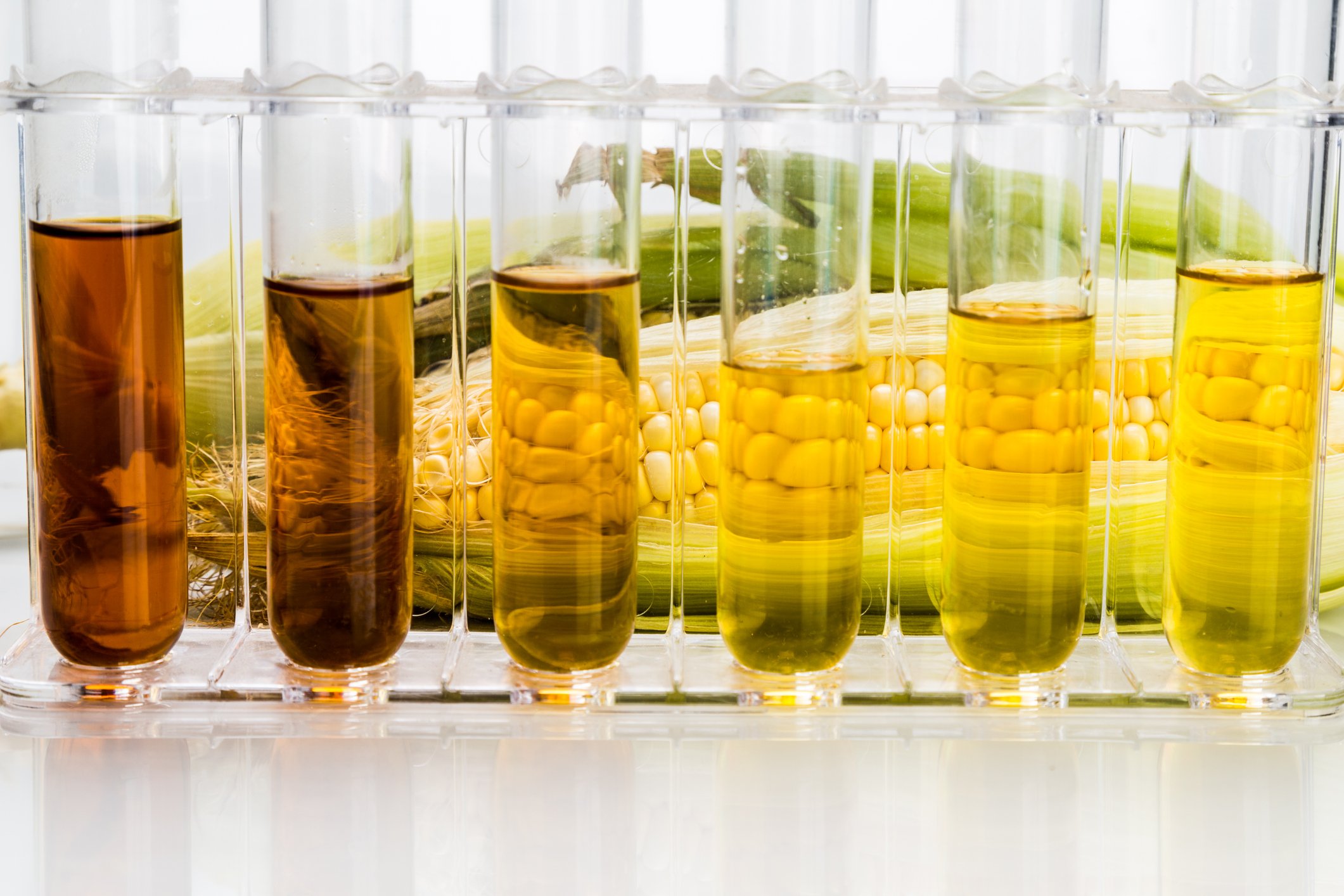What happened
Shares of Renewable Energy Group (REGI +0.00%) fell over 35% last month, according to data provided by S&P Global Market Intelligence. The biodiesel produced reported first-quarter 2019 operating results reflecting a difficult margin environment. Pricing headwinds were primarily driven by deteriorating feedstock spreads and significantly reduced prices for renewable identification numbers (RINs), which provide an important revenue stream and track compliance with the federal Renewable Fuel Standard mandate.
It certainly wasn't a smooth start to the year, but the business continued to execute against its long-term strategy. Renewable Energy Group opened additional terminals and added end-use customers to its nationwide distribution network, enjoyed a boost from California's Low Carbon Fuel Standard (LCFS), and released additional details concerning a potential joint venture with Phillips 66.

Image source: Getty Images.
So what
The biodiesel leader reported flat revenue in Q1 2019 compared to the year-ago period, but cost of goods sold rose 10% in that span. Increasing costs led to a negative gross margin, a sharp net loss, and negative adjusted EBITDA.
That said, Renewable Energy Group did a solid job of controlling the factors within reach. It added five terminals and 15 direct customers in the first three months of 2019, representing healthy growth from the 46 distribution points and 33 end-use customers reported at the end of 2018. Management also told investors the renewable diesel JV with Phillips 66 is evaluating plans for a massive 250 million gallon per year facility, which would make it one of the largest on the West Coast.
Now what
Geographic location could give the JV an advantage when it comes to the LCFS, which is increasingly being met with renewable diesel instead of biodiesel. But Renewable Energy Group likely would need to raise significant new capital to fund its commitments to the JV should it proceed. Unless, of course, the blenders tax credit is retroactively reinstated for 2018 -- which would result in a $237 million windfall for the business. Until that happens, individual investors can expect Wall Street to cast a skeptical eye on the biodiesel leader.






